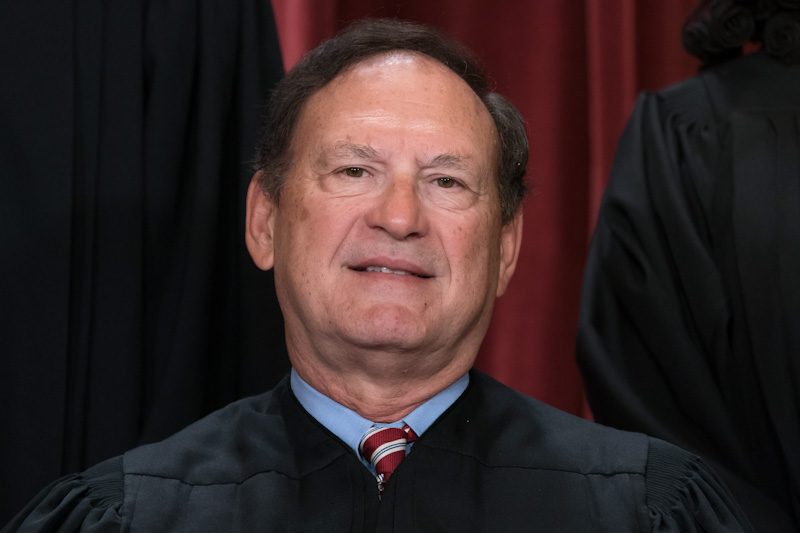Famous criminologist's incorrect testimony about bloody towel leads to overturned convictions

The Connecticut Supreme Court overturned 30-year-old murder convictions of two men Friday because the state failed to correct a well-known criminologist’s testimony that a red substance on a towel in the victim’s home had tested positive for blood.
The court unanimously overturned the convictions of Shawn Henning and Ralph Birch, who were respectively 17 and 18 at the time of the 1985 murder, report the Washington Post, the New Haven Register, the Connecticut Post and the Hartford Courant. The opinions are here, here, here and here.
The state had argued that no blood was found on the teens or in their stolen Buick Regal because they had cleaned up after fatally stabbing 65-year-old Everett Carr of New Milford about 27 times in a burglary gone wrong.
Famous criminologist Henry Lee, who was at the time the director of the state police forensic laboratory, had testified in both trials that the towel tested positive, which was consistent with blood.
In fact, no test had been done to confirm that the substance was blood, the court said. A test performed more than 20 years later by the Innocence Project revealed that the substance on the towel was not actually blood.
Lee also testified that blood spatter evidence showed that there was nothing that interrupted the blood spatter found in the home, which could explain why no blood was found on the teens.
Lee had an obligation to review relevant test results before testifying to ensure that his testimony was accurate, the Connecticut Supreme Court said. Lee’s incorrect testimony must also be imputed to the prosecutor who is deemed to be aware of all material evidence from any investigating agency, the court said.
The Washington Post notes that blood pattern evidence has been called into question in recent years, although that was not a factor in the court’s opinions.
Henning and Birch had confessed to stealing the Buick and committing burglaries but denied involvement in Carr’s murder. The men were living in the Buick, and it was filed with sand, shoes, toiletries, food and bedding. There was no evidence that it had been cleaned. No forensic evidence connected the men to the murders.
Two jailhouse informants, however, testified in Birch’s trial that he had confessed. Three people also testified they heard a loud car on the night of the murders; Henning and Birch had removed the muffler on the stolen car. One of the three testified that he looked out the window when he heard the loud sound, and the taillights of the car that he saw did not match the Buick Regal taillights.
In Henning’s trial, his grandmother and childhood friend testified that Henning had told them that he was involved in a burglary in which a man was killed, but he was not the killer. The grandmother also said a dog was killed, but there was no slain dog. Two people also testified about the loud muffler. Henning testified that he never confessed to his grandmother and friend, but he did say he thought that people were trying to frame him for the murder.
Later DNA tests excluded Henning and Birch as the source of DNA recovered from the crime scene. Tests also found the DNA of an unknown woman on some evidence.
The state’s failure to correct what it should have known to be incorrect testimony by Lee was not harmless, the court concluded. Instead, in Birch’s trial, the prosecutor noted the uninterrupted spatter patterns and said there was blood by the bathroom sink, an apparent reference to the towel. In Henning’s trial, the prosecutor also referred to the blood spatter evidence as well as the bloody towel.
The state supreme court said Henning and Birch did not receive a fair trial and were entitled to new trials.
In a press conference after the decision, Lee said he did a preliminary field test on the towel that showed that the substance could be blood, NBC Connecticut reports. Lee said he never said the substance was definitely blood, and additional lab tests would have been needed to confirm the identity of the substance.
The Connecticut Supreme Court noted a prior court’s finding that Lee’s testimony was mistaken and not intentionally false.
Henning had been released from prison last year, but Birch was still incarcerated when the court issued the opinion.



